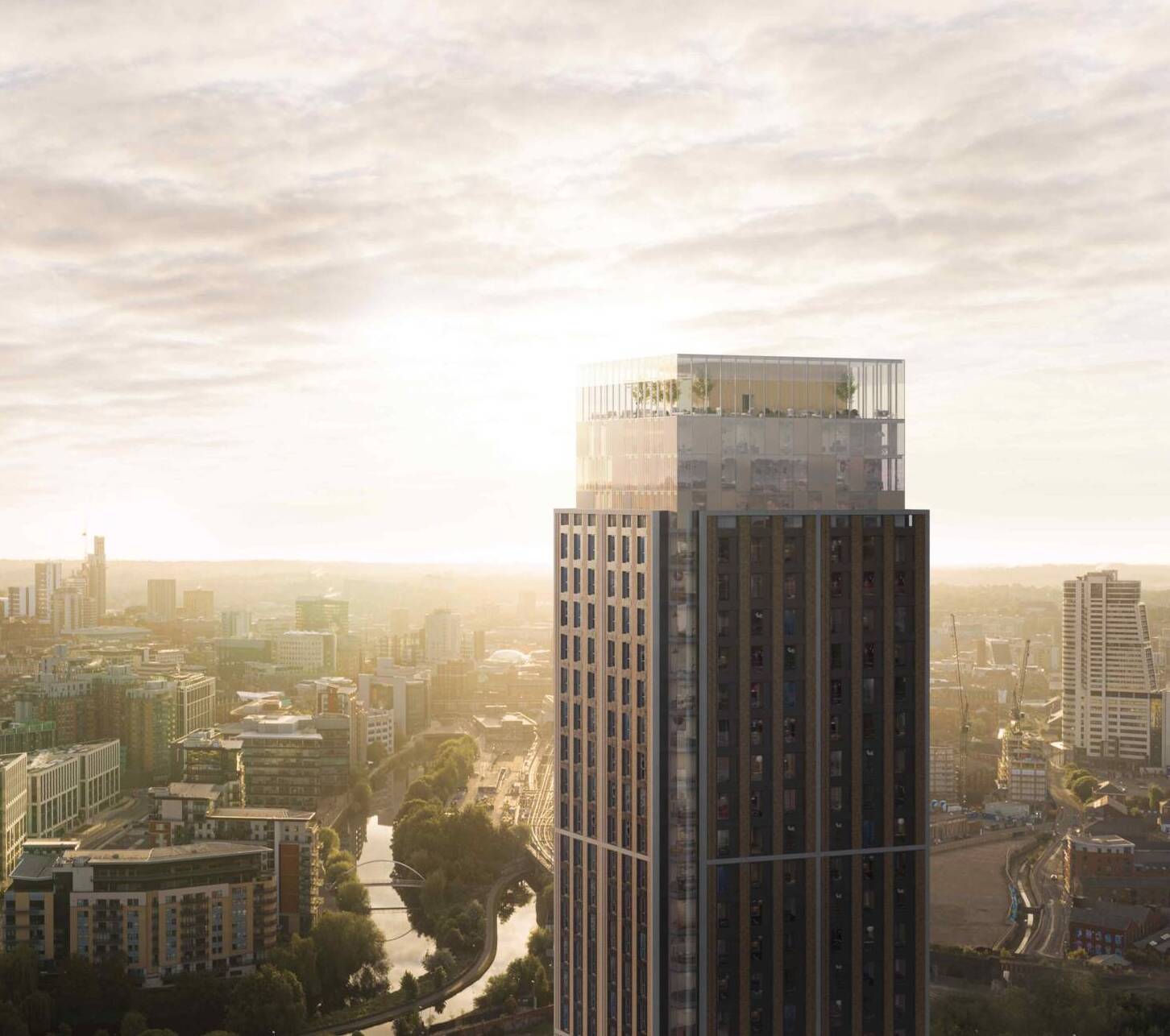Buying a rental property can provide a sound return on investment, helping to secure your financial future while also providing a regular monthly income.
According to Statista, the UK rental market has been growing steadily in the past 20 years, and aggregate rental costs have grown from £26bn in 2000 to a whopping £86bn in 2020.
The number of buy-to-let landlords is increasing as more people recognise the profits that can be made from a buy-to-let property. Indeed, according to ludlowthompson, the number of landlords has risen by 49 percent in the past five years, from 1.8 million in 2015 to 2.7 million in 2020.
However, being a landlord comes with several responsibilities. Dealing with repairs and maintenance issues, emergencies, tenants and tenancy turnovers, as well as financial obligations, including tax, can all be time-consuming.
The UK also has robust laws concerning housing, including laws related to tenancy contracts and health and safety. So, landlords must also ensure they keep up to date on these aspects to avoid falling foul of the law.
If you’re considering investing in property and becoming a landlord, here are some things you should take into consideration.
Maintenance and emergency
As a landlord, you will be responsible for the ongoing maintenance of the property, repairs, and emergencies. This could be anything from the property requiring a fresh lick of paint following the end of a tenancy, to a major repair that needs urgent attention, such as a leaking roof or burst pipe.
Some landlords, especially those that live close to their buy-to-let property, choose to manage any maintenance and emergency issues themselves. However, those that live a distance from their buy-to-let property will often opt to engage the services of a dedicated lettings management agency.
Before investing in a buy-to-let property, it is important to consider how you will manage any maintenance and emergency issues. Remember, if you choose to manage the property yourself, you will be your tenants’ first port of call – this could mean taking emergency calls at any time and actioning issues within a reasonable timeframe.
It’s also important to note that maintenance costs will vary from property to property. For example, a new built buy-to-let property is likely to require little maintenance, making them especially popular with investors who want a hassle-free investment. However, older properties are likely to need more regular maintenance.
A landlord should also ensure they have sufficient funds set aside to tackle any issues that may unexpectedly crop up.
Tax
You will need to pay tax on income that is generated from a rental property. The amount of tax will depend on your total annual income. The 2021/2022 higher tax band threshold is £50,271 to £150,000. Any income over £50,271 will be taxed at 40 percent. However, there are several tax deductions that landlords can benefit from, including interest payments on a rental property’s mortgage, insurance premiums, letting agent fees, and the cost of repairs and maintenance.
Landlords must keep a record of all transactions relating to the rental property. Working with an experienced tax advisor or accountant can help to maximise profits.
Keeping a property safe
Being a landlord comes with a significant amount of responsibility. Landlords have a duty to keep their tenants safe and failure to do this could lead to fines or even a prison sentence. For example, landlords must make sure all electrical systems and appliances are safe. They must also provide tenants with a valid Gas Safety certificate. Landlords also have a duty to ensure the property is kept in liveable condition and that the building complies with local building codes.
If you decide to self-manage their rental property, you must keep up-to-date with the latest regulations. If you opt to engage the services of a property management firm, they will ensure all legal obligations regarding the safety of the property are adhered to.
Tenants and tenancy agreements
One of the most important aspects of a buy-to-let property is ensuring it is continually rented. However, marketing a property, carrying out viewings, and vetting potential tenants can be time-consuming. Marketing a property correctly and finding good tenants that will ensure a headache-free tenancy is critical to maximising profits from a rental property. Once you’ve found the right tenants, it’s also paramount that you have a robust tenancy agreement in place, one that is legally binding and complies with the law. It should also sufficiently protect your property and legal rights.
Consider whether you will have the time to manage this aspect or whether you would rather engage the services of an estate agency specialising in rentals.
Citylife is creating new high-quality residential buildings in Leeds, across premium city centre locations, perfect for investors seeking new investment opportunities in a fast-growing city.
Find out more about our live developments of off-plan investment properties in Leeds here. If you’re interested in investing in the off-plan property Citylife is developing, get in touch with us today.





